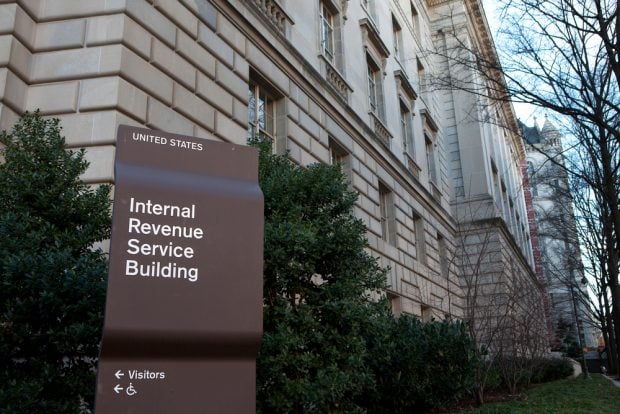 Internal Revenue Service, Washington D.C. (Source: Shutterstock)
Internal Revenue Service, Washington D.C. (Source: Shutterstock)
An amendment aimed to block a new tax-reporting requirement for financial institutions, including credit unions, narrowly failed in the Senate by a vote of 49-50 on Tuesday.
The reporting requirement, as proposed by the Treasury Department and included in the Senate's fiscal year 2022 Budget Resolution, would mandate financial institutions to report the inflows and outflows of personal and business accounts, as well as transfers between accounts of the same owner, if it is more than $600 per year.
Late last month, CUNA and NAFCU filed a joint letter with almost 40 other organizations to oppose such a move.
Recently, Senate Finance Committee Ranking Member Mike Crapo (R-Idaho) filed an amendment to block this move by the Treasury Department. Both NAFCU and CUNA supported Crapo's amendment, but it failed to gain traction with yesterday's vote.
In a letter to Sen. Crapo after the vote, NAFCU Vice President of Legislative Affairs Brad Thaler wrote, "We agree that requiring credit unions and other financial institutions to report on gross inflows and outflows for all accounts above $600 is a misguided proposal that stands to pose more harm and burdens on community institutions with uncertain returns. Such a reporting requirement also raises privacy concerns for credit unions and their members."
In a similar letter to lawmakers, CUNA wrote, "CUNA remains concerned about the effect this proposed new requirement will have on credit unions. Privacy and data security are paramount issues. Whether it is the massive data breach at the federal Office of Personnel Management in 2014 or this year's IRS leak of federal tax returns of many wealthy Americans, CUNA remains doubtful that such data will be safe and private."
Last month both trade organizations raised concerns about the IRS's poor record of data security, which could expose taxpayers' data and compromise their privacy.
"While we support efforts to increase taxpayer compliance, we do not believe adding untested reporting requirements to an already heavily regulated industry is the answer," Thaler wrote.
In what seemed to be a compromise on the issue, the Senate adopted an amendment on Tuesday from Senate Finance Committee Chairman Ron Wyden (D-Ore.) that would change the specific $600 threshold to "large" amounts. According to NAFCU officials, the amendment does give the IRS and Treasury Department the authority to determine what the "large" threshold amount to establish the reporting requirement is.
© 2025 ALM Global, LLC, All Rights Reserved. Request academic re-use from www.copyright.com. All other uses, submit a request to [email protected]. For more information visit Asset & Logo Licensing.






